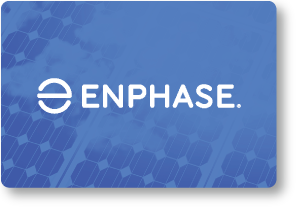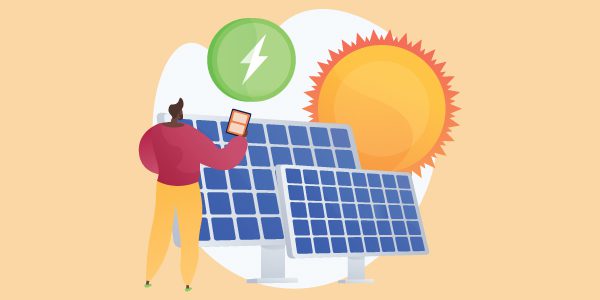Solar panels in water are on the rise now. These floating sources of renewable energy offer various advantages as compared to their counterparts on land. It is estimated that floating solar panels could potentially generate up to 10,600 TW annually.
What is a Floating Solar Panel?
To gain a deeper understanding of floating solar panels, let’s delve into their construction and functionality. At its core, a floating solar panel comprises several components: a solar module, vertical and horizontal framing, an inspection footrest, materials resistant to rust, and a module mounting assembly. It’s crucial for the solar module to exhibit high resistance to humidity, ensuring it remains lead-free, impervious to dust, and well-shielded from water exposure. The panel’s buoyancy is attributed to polyethylene, a material capable of supporting up to 2.5 times the panel’s weight.
Additionally, the floating structure is made from magnesium alloy coating, renowned for its exceptional resistance to corrosion. Typically, these floating panels are designed for large-scale electricity generation, catering to the energy needs of entire communities or businesses with substantial energy demands. However, they might not be the go-to choice for individual consumers seeking solar solutions.
Floating solar panels could also be used alongside other clean energy resources like Hydropower. Such combinations would help provide a consistent and steady power supply during challenging weather conditions. The water reservoirs can act like a virtual battery during the night. Even though solar panels on land are clean and affordable sources of energy. The world is keen to explore floating solar as the traditional land solar panels take up a lot of space on land. That land could also be used for other important activities like agriculture or for habitat preservation purposes. In some countries, finding land is also becoming an issue. Renewable Energy is vital for the planet to grow sustainably but in countries where land space is scarce, it becomes difficult to decide how to make the best use of available land. For these countries, like Singapore, there is a lot of incentive to build solar farms on water.
What are the advantages of Floating Solar Panels?
As mentioned, not requiring space on land, but rather utilising unused water space is just one advantage of these panels. What many people would need to learn is that these solar panels could produce more electricity than panels on land due to the cooling effects of the water bodies. Floating on a cooler surface helps panels remain cool and therefore absorb more solar energy.
Floating solar panels also benefit the environment. Having Floating solar panels will reduce the bloom of algae and can also reduce evaporation from water bodies: this point is particularly beneficial for areas that are prone to droughts.
What are the disadvantages of Floating Solar Panels?
There are, however, some disadvantages as well to having floating panels. The technology used may not work for everyone. The investment cost to install such panels is higher than the traditional panels. The technology used on these panels is comparatively new and therefore the equipment is expensive.
Therefore, such installations will help customers who require large-scale production and are able to invest a good amount initially. Prices, though, are expected to drop once we make technological advances. A larger number of people will then benefit from these panels. When land panels first came into existence, the story was the same.









